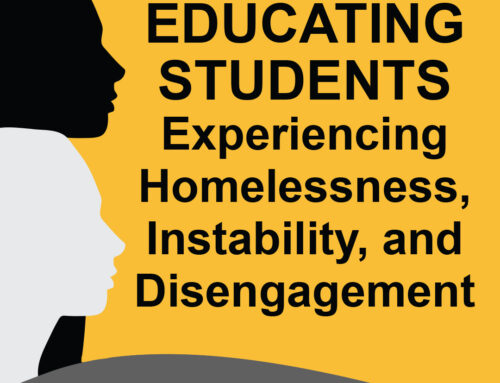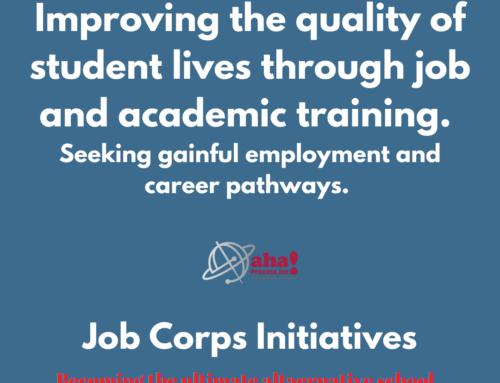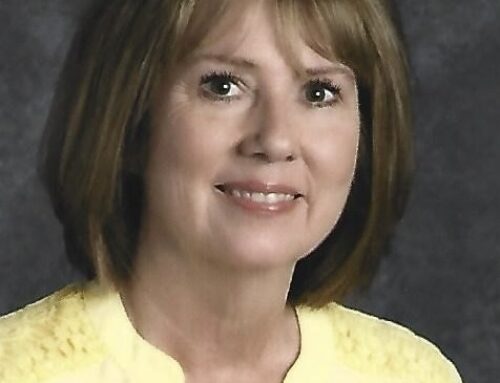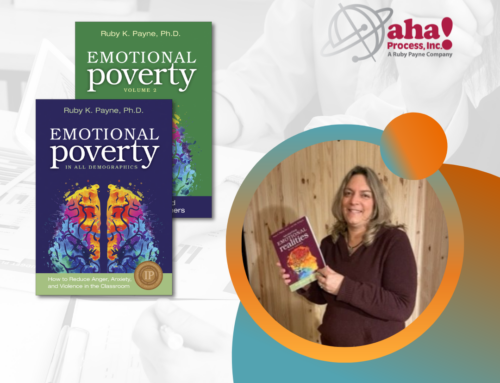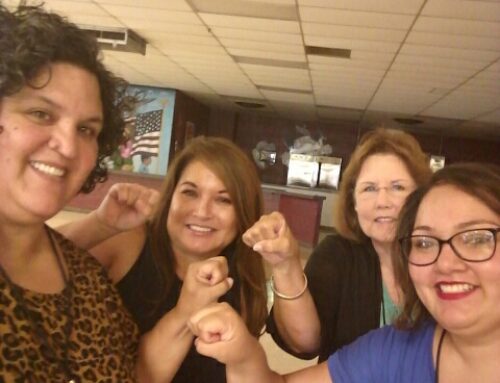INGREDIENT – Resources
In a previous blog, I began my idea of a recipe for classroom success with middle, high ability, and gifted students. The first ingredient listed attributes of high ability and gifted learners the regular program teacher may want to use to help identify students that may need more rigor and challenge.
In the state of Tennessee, the regular program teacher must complete an observation on a student being individually screened for the gifted program. One of the items on the checklist states—“Is resourceful and uses limited resources to make meaningful products.” Even though this checklist statement references a potentially gifted student, I have found it to be true of most students. Ruby K. Payne’s A Framework for Understanding Poverty emphasizes how important resources are to a student’s well-being and success. If students have the basic resources provided to them, they learn to be resourceful and create meaningful products. Dr. Payne lists important resources as financial, emotional, mental, spiritual, physical, support systems, relationships/role models, language/formal register, and knowledge of hidden rules.
 I like to think of myself as a role model and support system for resources for my students. Each year when I receive my final class list, the first thing I do is to begin to develop relationships and assess resources. I assess technology and technology supplies, craft materials, Internet and email access, and basic school supplies. I purchase as many things as the school system will allow, then, as many teachers do, I spend my personal money to make sure my students have the basic resources needed to be successful in my classroom. In addition to spending personal money for supplies, I have applied and received various small grants to obtain more expensive resources for my classroom.
I like to think of myself as a role model and support system for resources for my students. Each year when I receive my final class list, the first thing I do is to begin to develop relationships and assess resources. I assess technology and technology supplies, craft materials, Internet and email access, and basic school supplies. I purchase as many things as the school system will allow, then, as many teachers do, I spend my personal money to make sure my students have the basic resources needed to be successful in my classroom. In addition to spending personal money for supplies, I have applied and received various small grants to obtain more expensive resources for my classroom.
One day in class, I allowed my students to finish up a small project. Middle school students express feelings if they feel comfortable with their surroundings. I caught the end of a conversation where they stated I was always trying to help them. I knew the personal money spent and time taken to write grant proposals was worthwhile.
I have found that if I supply the basic resources and go the extra mile to provide resources for my students, they will work hard for me to show me their “thank you” for trying to help them. In the words of Dr. Payne, “If there is mutual respect and they like you, they will work for you,” which speaks to the interconnectedness and interdependence of resources and relationships.
Payne, R. K. (2005). A Framework for Understanding Poverty. Highlands, TX: aha! Process.
Johnson, T. A. (2010). A curriculum design that meets the needs of 21st century learners. Unpublished doctoral dissertation, Trevecca Nazarene University, Nashville, TN.


